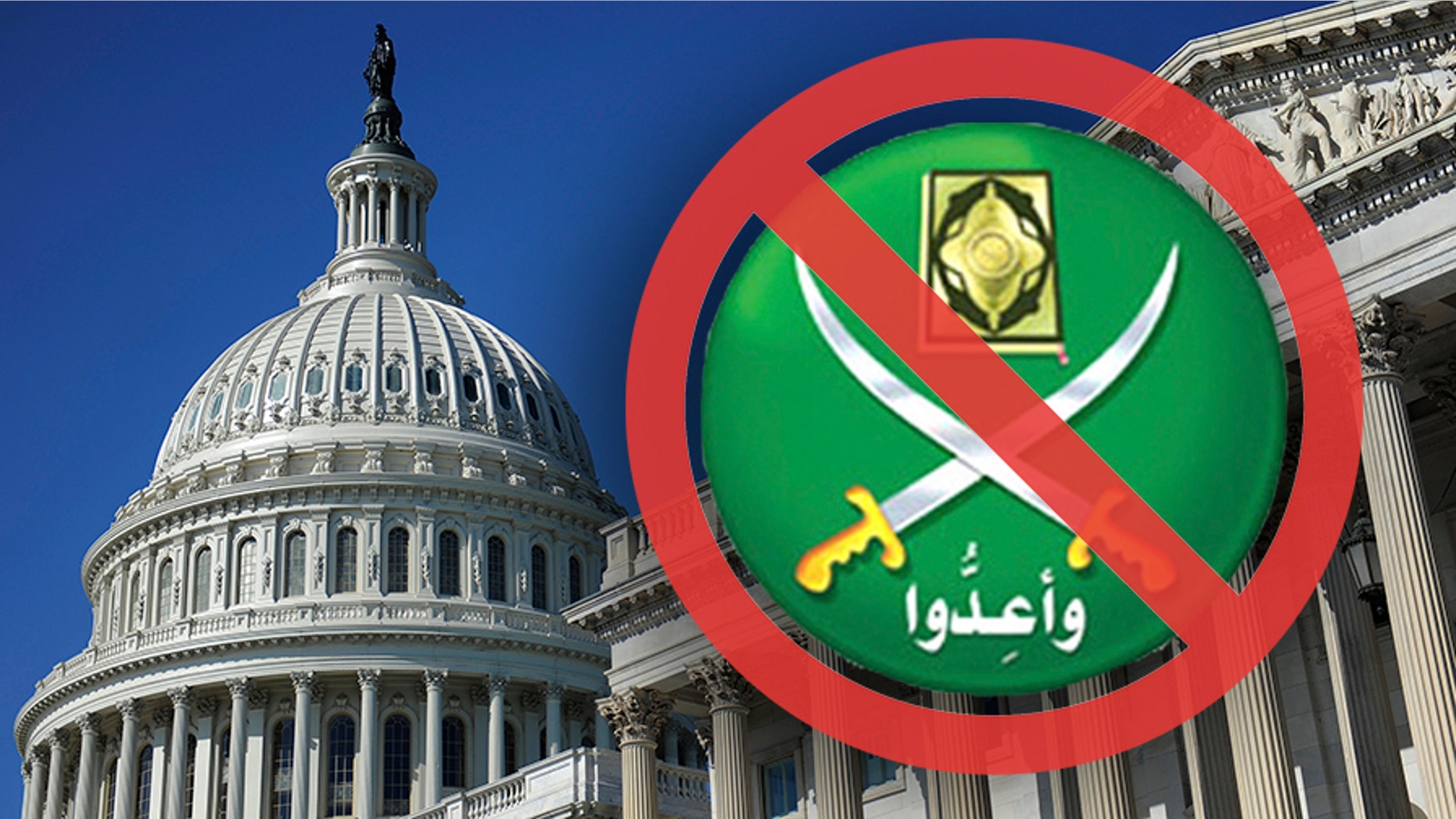
Is Pakistan Betraying the Muslim Brotherhood Amid U.S. Military Plans Against Iran?
The relationship between Pakistan and the Muslim Brotherhood has always been a contentious topic, especially in light of U.S. foreign policy. The United States has historically held a complex stance towards the Muslim Brotherhood, associating it with extremism while pursuing regional stability.
Following a pivotal meeting between Pakistan's Army Chief, Field Marshal Asim Munir, and former U.S. President Donald Trump, concerns have arisen that this represents Pakistan prioritizing dignity over potential financial incentives from the U.S. Recent reports indicate that the U.S. might leverage Pakistani bases for possible military actions against Iran, emphasizing the necessity for Pakistan to reevaluate its alliances, particularly with the Muslim Brotherhood.
The Muslim Brotherhood has faced scrutiny due to its violent associations, notably in Egypt, complicating Pakistan's stance as it grapples with its own security dilemmas. This tension among the U.S., Pakistan, and the Muslim Brotherhood has led to accusations of betrayal from various factions. The U.S. has often clashed with Pakistan and has associated the Brotherhood with extremism, while Pakistan is scrutinized for its ties to militant organizations.
In light of these evolving dynamics, it seems that the Muslim Brotherhood may feel abandoned by Pakistan once more. However, these developments are deeply rooted in a web of geopolitical interests and historical grievances that continue to shape contemporary events. The intricate relations among the U.S., Pakistan, and the Brotherhood are influenced by broader regional conflicts and shifting international agendas.
For more insights into U.S. foreign policy dynamics and their implications, check out this detailed analysis on Foreign Policy.
